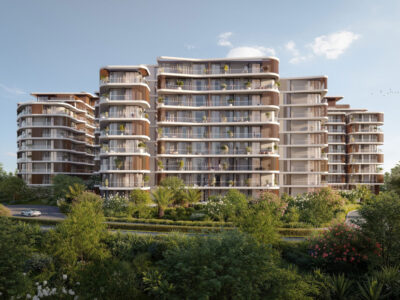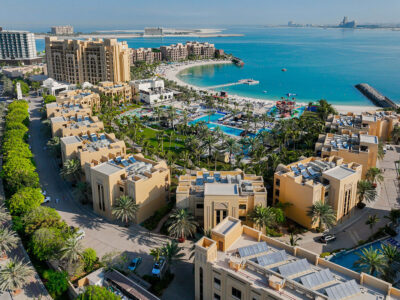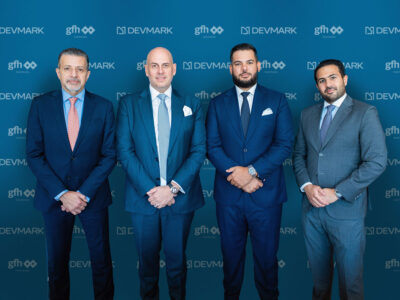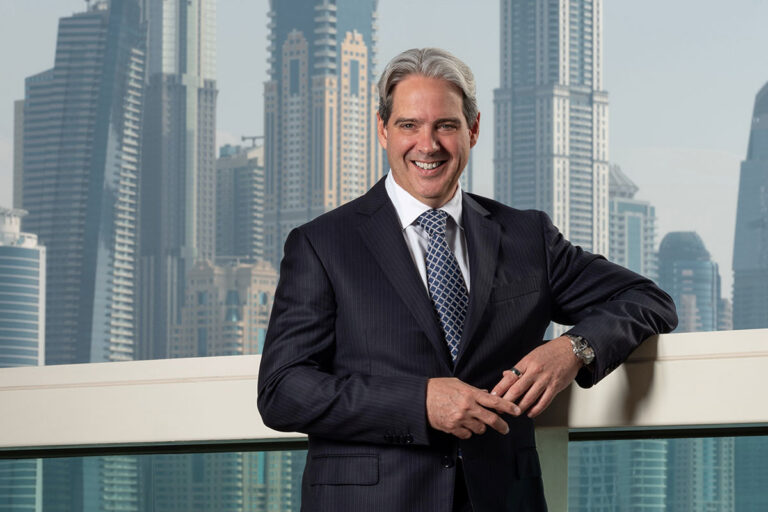Riyadh is set to become Saudi Arabia’s fastest-growing branded residential market as the kingdom prepares to open freehold property ownership to foreigners in January and demand rises on the back of population growth and housing shortages, Hilton’s regional president said.
Guy Hutchinson, Hilton’s President for Middle East and Africa, said the legal shift will be a “significant catalyst” for branded homes in Riyadh, Jeddah and the holy cities, enabling international buyers to enter a segment that has so far lagged behind the United Arab Emirates.
“Saudi Arabia is only at the starting point of its branded residential journey, but once foreign ownership opens the market will expand very quickly – Riyadh and the holy cities will accelerate fastest,” he told Arabian Business. “The fundamentals are very strong and the reforms will open the market to a new category of buyers.”
The kingdom plans to allow foreign ownership of residential real estate from early 2026 under a new regulatory framework. The shift coincides with record levels of inward migration, driven partly by the government’s headquarters mandate that requires multinational firms to base regional operations in the kingdom or lose access to government contracts. Reports suggest this inflow has added pressure to already tight housing supply in Riyadh.
Hutchinson said the combination of legal reforms, demographic growth and rising investor confidence meant Saudi Arabia could be a key player in the branded residential space alongside Dubai, which leads the world in both completed and pipeline schemes.
Hilton has already signed its first branded residential project in the kingdom. Curio Residences OSUS Eye in Riyadh will be delivered under the Curio Collection and will target domestic buyers as well as international investors when the market opens.
“There is a very diverse buyer mix in the Gulf and Saudi will be no different,” Hutchinson said. “People are looking for primary homes, secondary homes, and long-term investments. There is a lot of comfort that comes with understanding that there is a hospitality brand associated to it that will bring the right technical specifications and standards.”
The kingdom’s Premium Residency scheme is expected to support demand by allowing foreign buyers to secure residency through property acquisition. Buyers must purchase a developed residential property worth at least SAR4 million that is fully paid and valued by an accredited Saudi valuer. Residency remains valid as long as the property is held.
Although Dubai continues to dominate the branded residential market globally, Hutchinson said Saudi Arabia would quickly close the gap as developers launch mixed-use and standalone branded schemes supported by major tourism and infrastructure investment under Vision 2030.
“The Gulf is going to lead the next phase of branded residential growth and Saudi Arabia will be a major part of that,” he said. “The reforms are creating the conditions for significant long-term expansion.”
Hutchinson added that the mix of domestic end users, long-term expatriate residents and investors mirrors buyer trends emerging in Dubai.
“This is now the permanent home of many people and that will increasingly be the case in Saudi Arabia as well,” he said.
Saudi Arabia has one of the largest hotel development pipelines in the world. Hutchinson says branded homes will grow alongside hotel construction as new districts take shape across Riyadh and other cities.









